
In the 2020s, the inequities built into U.S. systems of governance and funding have become glaringly obvious, nearly everywhere you look. Historically, when disaster strikes or a community is in need, those who hold the purse strings also determine what kind of assistance is offered and how it is used. In May 2020, The Chronicle of Philanthropy covered a report by Bridgespan and Echoing Green showing that “Organizations led by people of color win less grant money and are trusted less to make decisions about how to spend those funds than groups with white leaders.” Because goals are not aligned and the community is not leading the programs or solutions, progress is out of reach.
Coast Funds, an organization that supports First Nations in the Great Bear Rainforest and Haida Gwaii, contributed to a report released by The International Funders for Indigenous Peoples which concluded:
“‘Indigenous-Led funds, the report states, are guided by Indigenous worldviews and led-by and for Indigenous Peoples. Importantly, they ‘strengthen self-determination and support a process that empowers the communities…to be able to change paradigms and shift power relations addressing the asymmetry of powers and resources to recognition and reciprocity.’”
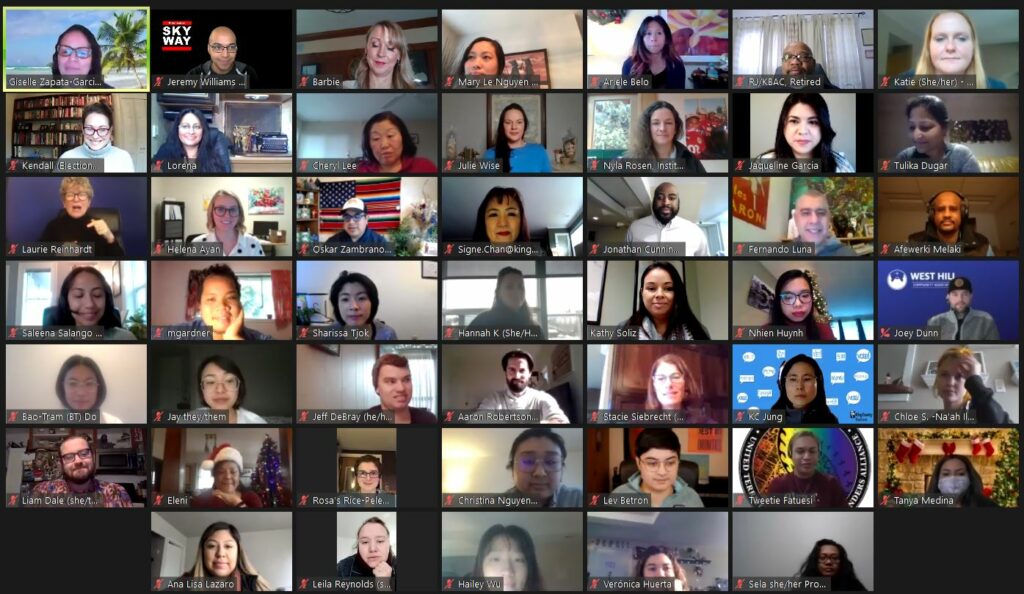
In the Pacific Northwest, the Na’ah Illahee Fund (Mother Earth in the Chinook jargon language) rises to meet this need. The organization was established in 2005 with the vision of powerful Native female-centered activism and leadership. Their mission is to support and promote the leadership of Indigenous womxn in the ongoing regeneration of Indigenous communities. Their approach includes grantmaking, capacity-building, and community-based intergenerational programming, fueled by culturally grounded leadership and organizing. The Na-ah Illahee Fund focuses on Indigenous Ecology, Food Sovereignty, and Wise Action, “advancing climate and gender justice, while creating healthy pathways towards self-determination and movement-building.” They support urban, rural, island, and reservation-based Indigenous communities throughout the Pacific Northwest region and beyond.
The community programs of the Na’ah Illahee Fund include:
- Youth Program – connecting the next generation with a positive indigenous identity through cultural and historical traditions and fostering leadership to protect Mother Earth and Native communities.
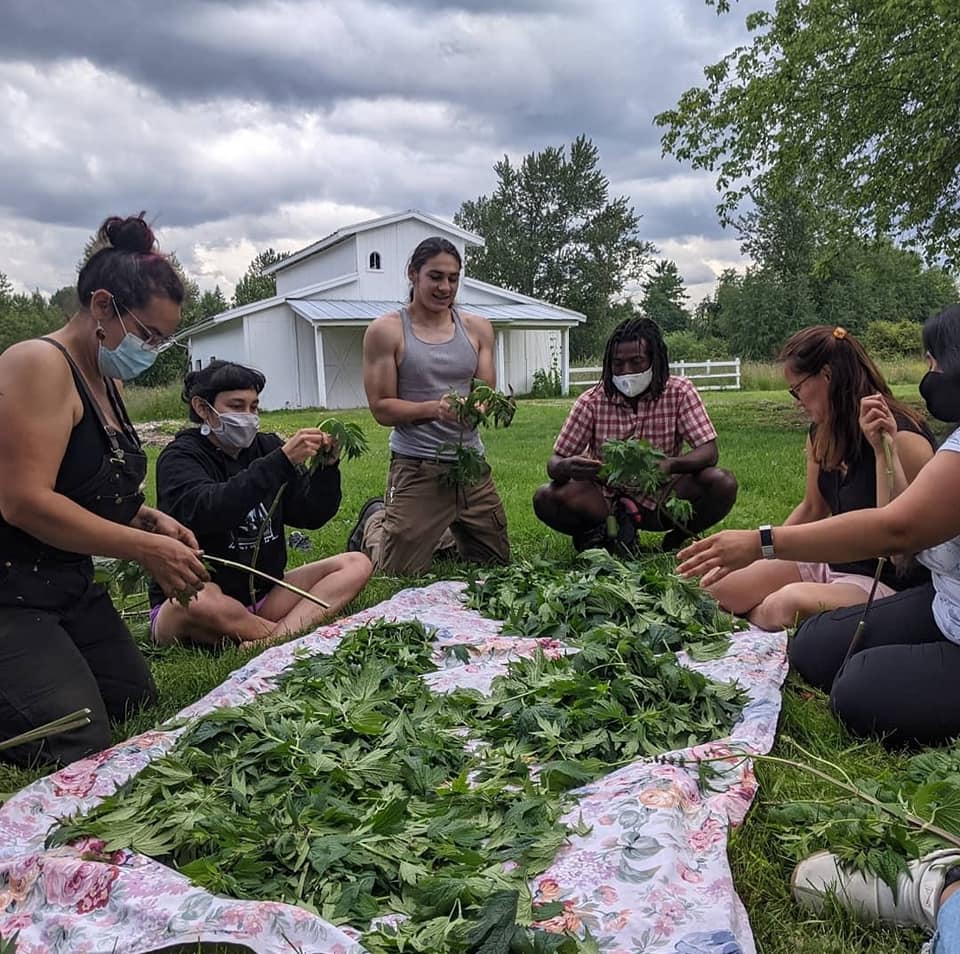
- Yahowt Indigenous Foods Program – leading several projects and cohorts related to Indigenous ecology, traditional food and medicine stewardship, and environmental restoration projects, building traditional ecological and modern knowledge, skills, and networks while developing community-based solutions for environmental justice.
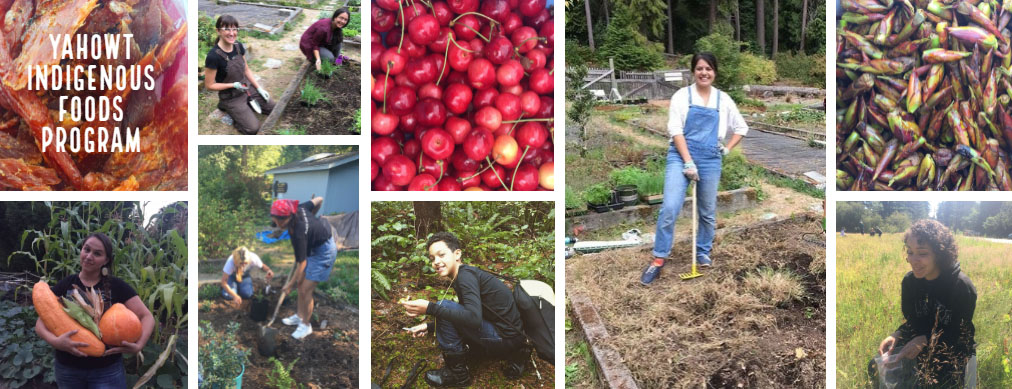
- Wise Action – environmental and climate justice, just transition, and policy advocacy for social change through Indigenous leadership of community based strategies and priorities.
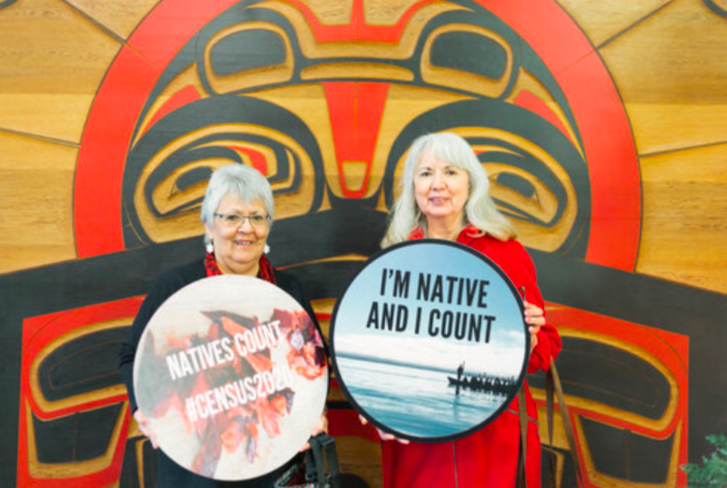
- Cedar Rising Coalition (CRC) Partner – a PNW-based program with 13 partners dedicated to ending gender-based violence and Missing and Murdered Indigenous People, integrating Indigenous values, community healing, survivor care, and equitable relationships.
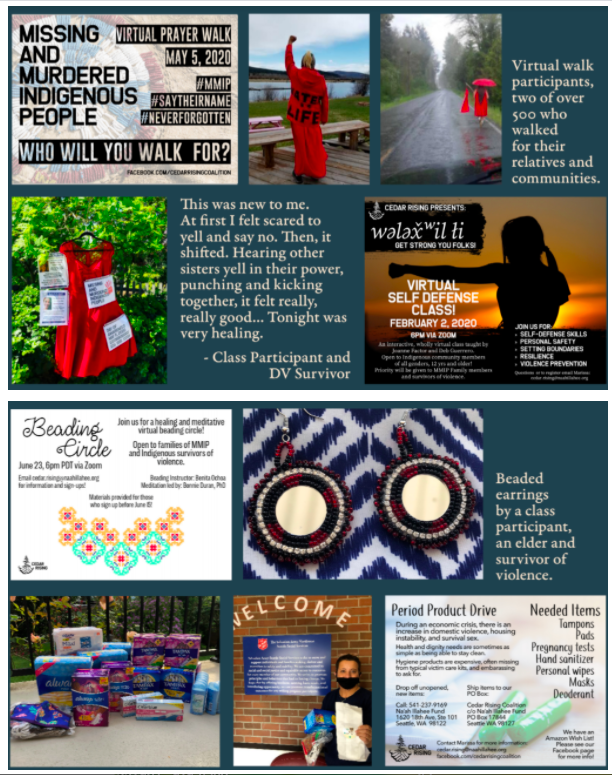
- Mamook Sikhs (To Make Good Friends in the Chinook Wawa language) Indigenous Allyship Course – teaching history from an Indigenous perspective, explores the legacies of colonization, and providing space for individual and collective reflection and intentional planning

In March 2020, as a direct response to the systemic inequities experienced by the Native community during the COVID-19 pandemic, NIH began the Native Community Crisis Response (NCCR) Fund. The focus has shifted from emergency response to long term goals, moving toward a Just Transition by building partnerships and concentrating on regenerative economies rooted still in Indigenous values and beliefs. NCCR is the largest grant-making vehicle NIF has put forth, and has redistributed over $800,000 back into the community.

Throughout 2020, NIH found themselves ensuring indigenous communities were aware of the importance of the census and were counted, as well as supported throughout the pandemic. As the year turned, vaccinations were prioritized and as policy work in the new administration began, so was advocating for Native People to be consulted on the creation of green jobs and the transition to renewable energy sources, believing solutions should arise from those that are disproportionately impacted.
In 2021, NIH is joining Seattle Parks and Recreation to prioritize Indigenous leadership with the Green Seattle Partnership, coordinating an Indigenous Council to provide that leadership on GSP programming. NIH is also running a “Land and Trail Restoration Program, based at Daybreak Star Indian Cultural Center with both GSP and the Seattle Trails Program. Four intergenerational cohorts are practicing ecological stewardship and sustainable trail construction while learning about employment readiness.”
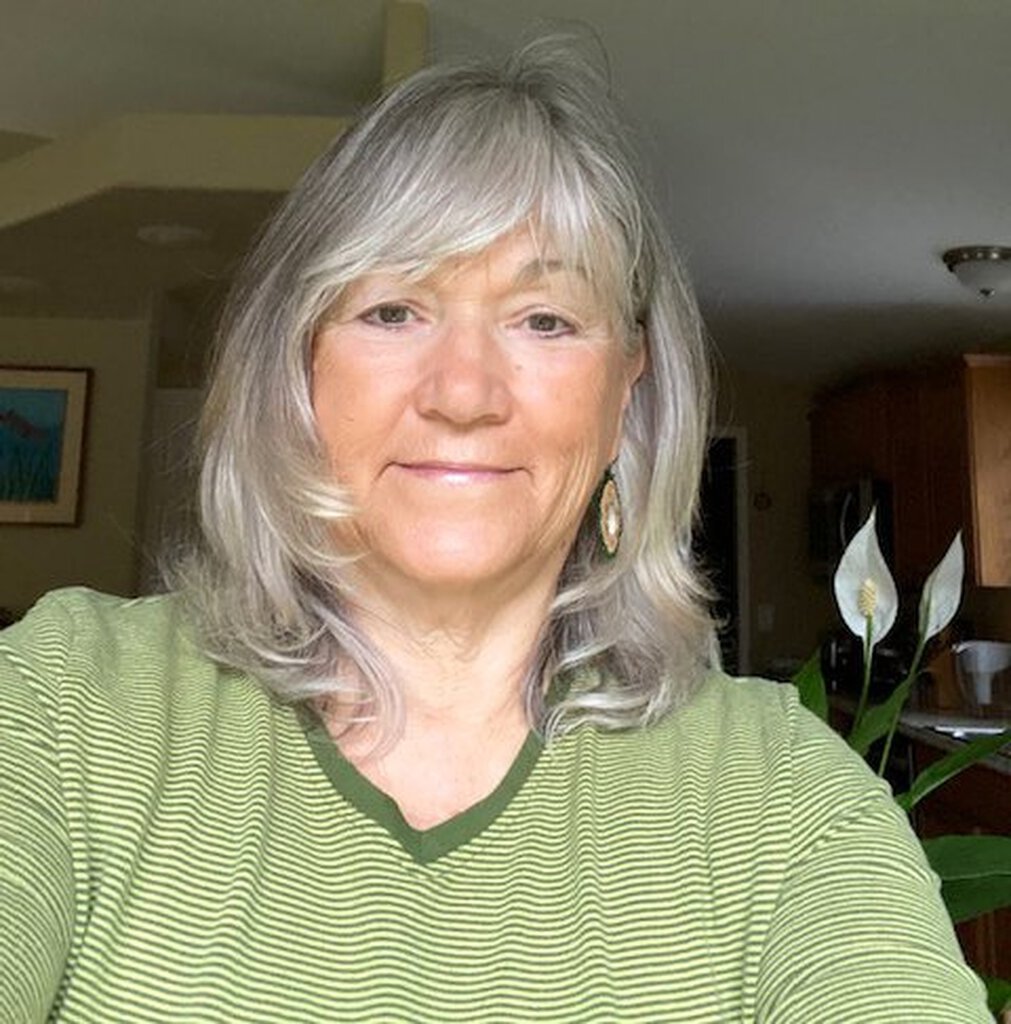
At the end of 2020, Susan Balbas, Executive Director of NIH, contributed to a series of essays entitled, “After a year of hardship, let 2021 be an ‘answering year’ of justice and hope” in the Seattle Times. Here is her hope:
2020 brought to light our collective resilience and the audacity to have a radical imagination about our future as people and planet. I saw this year through the eyes of my ancestors and through the hearts of my children and grandchildren — the devastating events of illness, death, racial injustice and unprecedented environmental tragedies. It has shown how fundamental inequities are unsustainable, and that we must radically imagine a different future for our descendants.

Written by Michele Gielis
Links
Partner Highlight: Na’ ah Illahee Fund, Green Seattle Partnership, by Erika Warren, June 3, 2021
Contact
Susan Balbas
Website
Social Media
Climate Impacts
Air Pollution, Water Contamination
Strategies
Community Farm/Gardens, Renewable Energy
501c3 Tax Deductible
Yes
Accepting Donations
Yes
